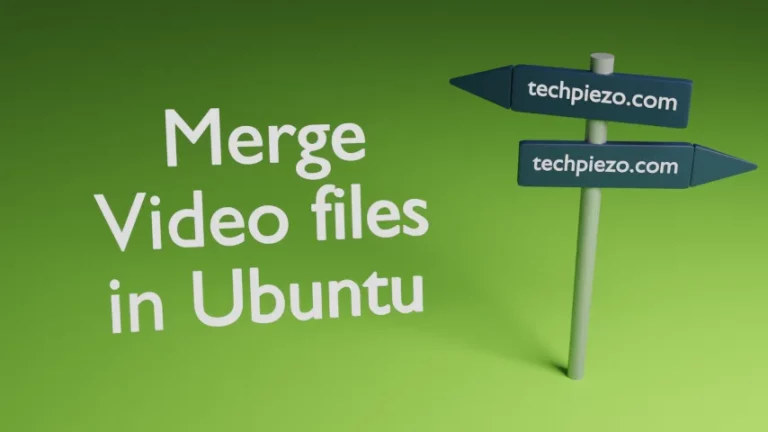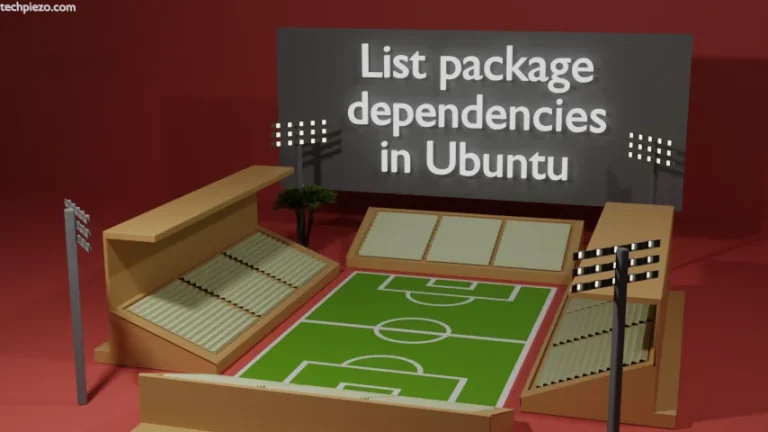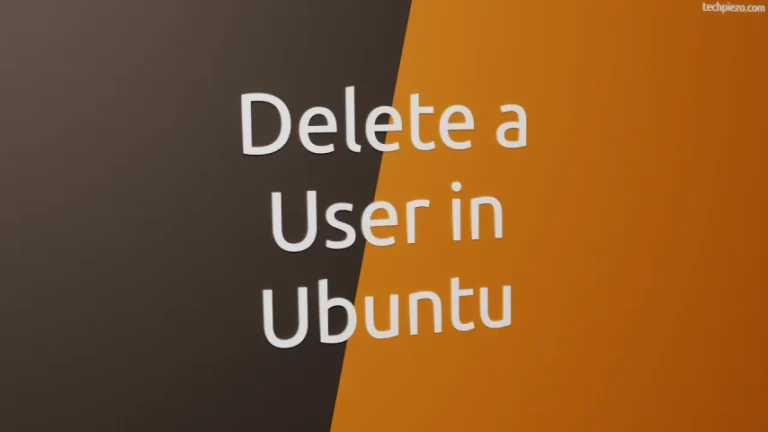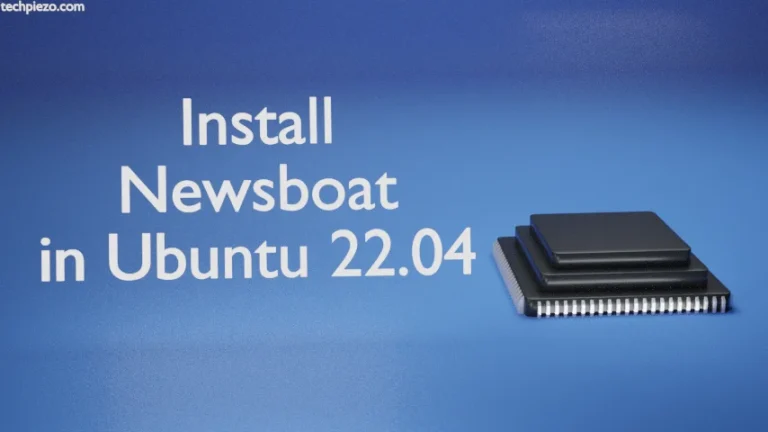Debian 10 Buster released on July 06, 2019. Debian supports only one stable release at a time. There are mainly three Debian release – stable, testing and unstable. So, if you are looking for a Debian installation that has the least number of bugs then Stable version of Debian is one you should definitely look at. Then comes testing followed by unstable versions that has the latest version of packages available. On the other hand, Unstable version can also have the most number of bugs. So, choose a Debian release which suits your requirements.
Debian Buster, when released offered following features.
A. Desktop Environment
KDE Plasma Workspace, GNOME, LXDE, Xfce, MATE are a few examples of Desktop Environments. With the upcoming Debian release – all the mentioned Desktop Environments will be updated. So, we will be getting – KDE Plasma Workspace version 5.14, GNOME version 3.22, Xfce version 4.12, LXDE version 0.53, and lastly MATE version 1.20.
B. Containers
Containers has everything that is needed to run an application. With the help of containers we can integrate our code and the packages which it requires in a single object. Such standalone objects offer numerous benefits over packages that we run in virtual machines.
LXC 3.0.3 LTS: LXC Containers userspace tools are now available as LXC 3.0.3, which is a LTS version of LXC. LXC will be supported until June 2023. It also includes AppArmor Profiles.
docker.io: Docker is the new addition to Debian. Package in named under docker.io. Debian uses Multiple Upstream Tarball to download different components such as swarmkit, libnetwork, containerdand and builds it from source.
C. Administration
Cockpit 188: Cockpit is now included in Debian. The Cockpit Web Console enables users to administer GNU/Linux servers through a web browser. It offers network configuration, log inspection, diagnostic reports, SELinux troubleshooting, interactive command-line sessions etc.
Ansible 2.7: Ansible is on a four months release cycle. Ansible is simple model-driven configuration management, multi-node deployment, and remote task execution system. Ansible only requires SSH and does not need any software or daemons to be installed on remote nodes.
D. Databases
Mariadb 10.3: Mariadb version 10.3 was announced as stable in May 2018, and will be maintained until at least May 2023. Debian includes stable version of mariadb.
Postgresql 11: PostgreSQL now releases major version with new features once a year with support of 5 years. Postgresql 11, Debian had this version which is supported till 2023.
Redis 5: Redis 5 is also included in Debian.
E. Editors
Emacs 26.1: Emacs includes new features as limited form of concurrency with Lisp threads, support for optional display of line numbers in the buffer, TRAMP has a new connection method for Google Drive.
Nano 3.2: Nano getting a newer version, however Nano 4 missed out in Buster.
Vim 8.1: A major version 8 release is included in Debian.
LibreOffice 6.1: The free and open-source office suite will also be getting updates.
F. Cloud
Google Compute Engine: Google Compute Engine guest environment for cloud images.
Apart from the above, we get updates to Linux Kernel, OpenJDK, Nodejs, Python 3, Mailman 3, Bash, /usr/merge, Calameres Live-installer, AppArmor, and NFtables.
In conclusion, there are thousands of packages that would be receiving updates with the new Debian 10 Buster.



